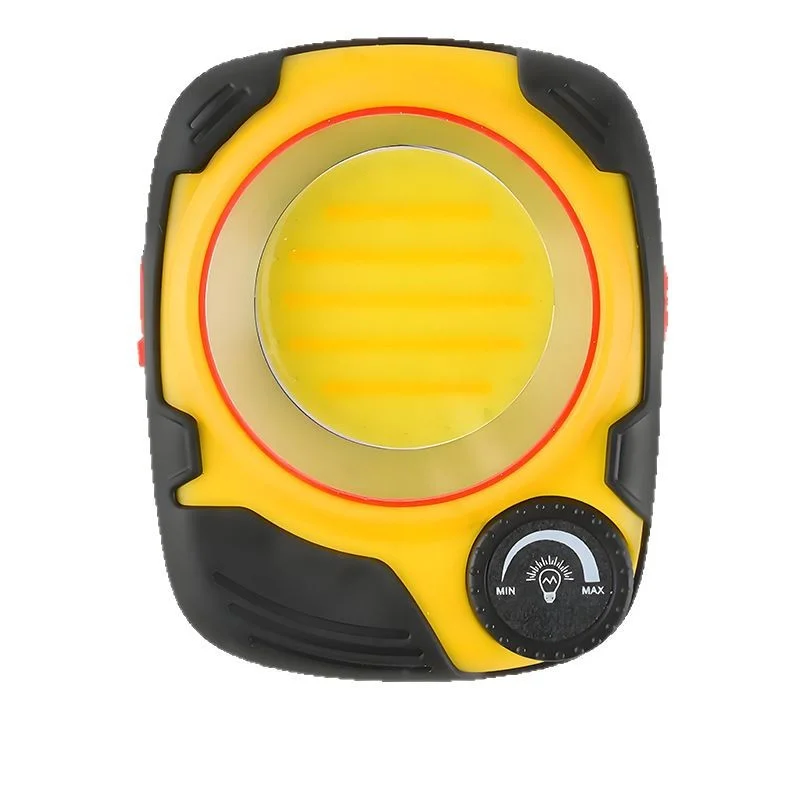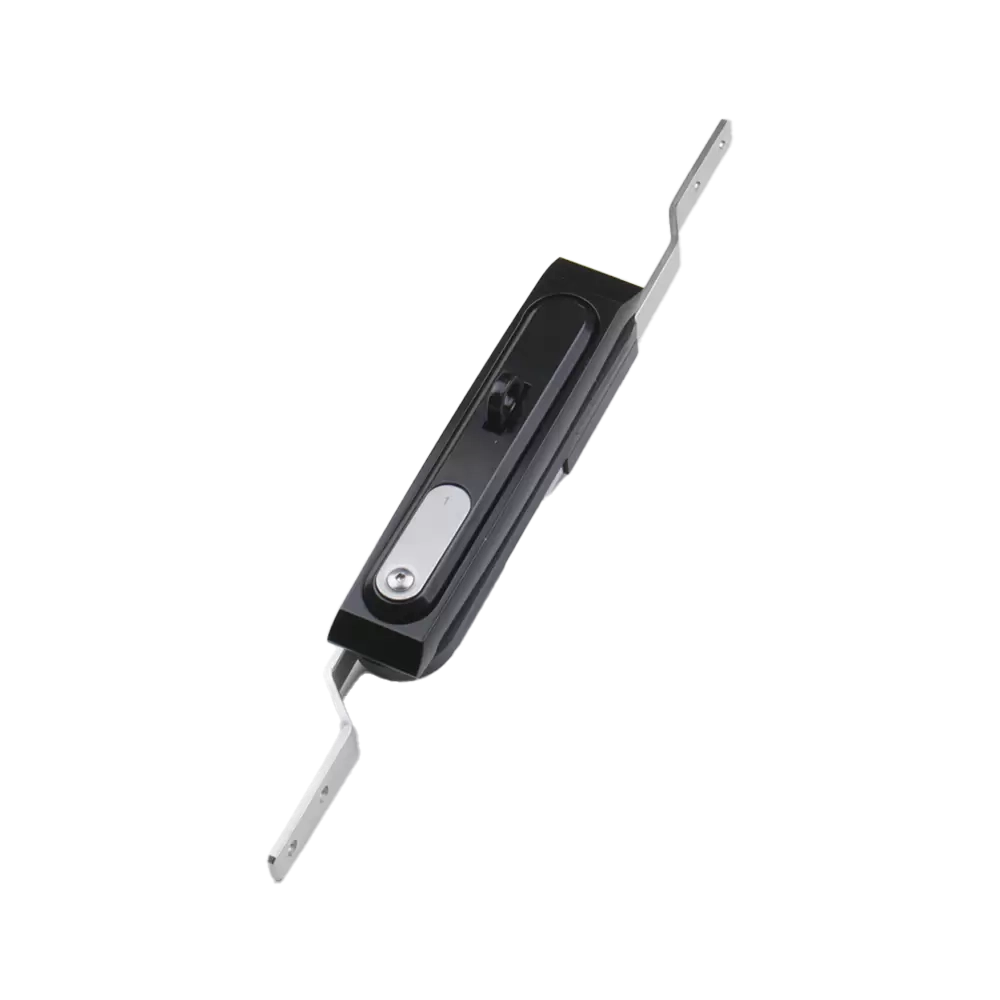When it comes to vehicle safety, the Anti-lock Braking System (ABS) plays a crucial role. It prevents the wheels from locking up during hard braking, allowing for better control and shorter stopping distances. However, if you find yourself asking, Can you still drive with a bad ABS module? it's essential to understand the implications, risks, and potential solutions associated with this issue.
Understanding the ABS Module
The ABS module is a vital component of your vehicle's braking system. It consists of sensors, valves, and a control unit that work together to monitor wheel speed and modulate brake pressure. When functioning correctly, the ABS system enhances vehicle stability and control, especially in adverse conditions such as rain or snow. A malfunctioning ABS module can lead to various issues, including the ABS warning light illuminating on your dashboard, reduced braking efficiency, and compromised vehicle stability.
Can You Drive with a Bad ABS Module?
The short answer is yes, you can technically drive with a faulty ABS module. However, doing so comes with significant risks and potential consequences:
- Reduced Braking Performance: While your vehicle will still have conventional brakes, the absence of ABS means that during hard braking, your wheels may lock up. This can lead to skidding, especially on slippery surfaces, making it difficult to steer and control the vehicle.
- Increased Stopping Distances: Without the modulation provided by the ABS, your stopping distances may increase, particularly in emergency situations. This can be particularly dangerous in urban environments or on highways where quick stops are often necessary.
- Loss of Stability: The ABS system helps maintain vehicle stability during braking. A malfunctioning module can lead to a loss of control, particularly in adverse weather conditions, increasing the risk of accidents.
- Potential Legal and Insurance Implications: Driving with a known safety defect can have legal ramifications. In the event of an accident, insurance companies may deny claims if they determine that the driver was aware of the issue and chose to drive anyway.
Signs of a Failing ABS Module
Before deciding whether to drive with a bad ABS module, it's crucial to recognize the signs of failure. Common indicators include:
- ABS Warning Light: This light on your dashboard is the first sign that something is wrong with your ABS system.
- Unresponsive Brakes: If you notice that your brakes feel different or less responsive, it may indicate an issue with the ABS.
- Increased Skidding: If your vehicle skids more than usual during braking, it could be a sign that the ABS is not functioning correctly.
- Strange Noises: Unusual sounds during braking, such as grinding or clicking, may also indicate a problem with the ABS module.
What to Do If You Suspect ABS Module Failure
If you suspect that your ABS module is failing, it's essential to take action promptly:
- Diagnostic Check: Use an OBD-II scanner to check for error codes related to the ABS system. This can provide insight into the specific issue and help guide repairs.
- Consult a Professional Mechanic: A qualified technician can perform a thorough inspection of your braking system, diagnose the problem, and recommend appropriate repairs.
- Consider Repairs or Replacement: Depending on the severity of the issue, you may need to repair or replace the ABS module. While this may involve a significant cost, it is a necessary investment in your safety.
- Avoid Driving Until Fixed: If you experience any signs of ABS failure, it's best to avoid driving the vehicle until the issue is resolved. This will help ensure your safety and the safety of others on the road.
Conclusion
While it is possible to drive with a bad ABS module, doing so poses significant risks that can compromise your safety and the safety of others. Understanding the role of the ABS system, recognizing the signs of failure, and taking prompt action can help you maintain optimal vehicle performance and safety. Always prioritize your safety by addressing any braking system issues as soon as they arise. Remember, a well-functioning ABS is not just a luxury—it's a necessity for safe driving.

